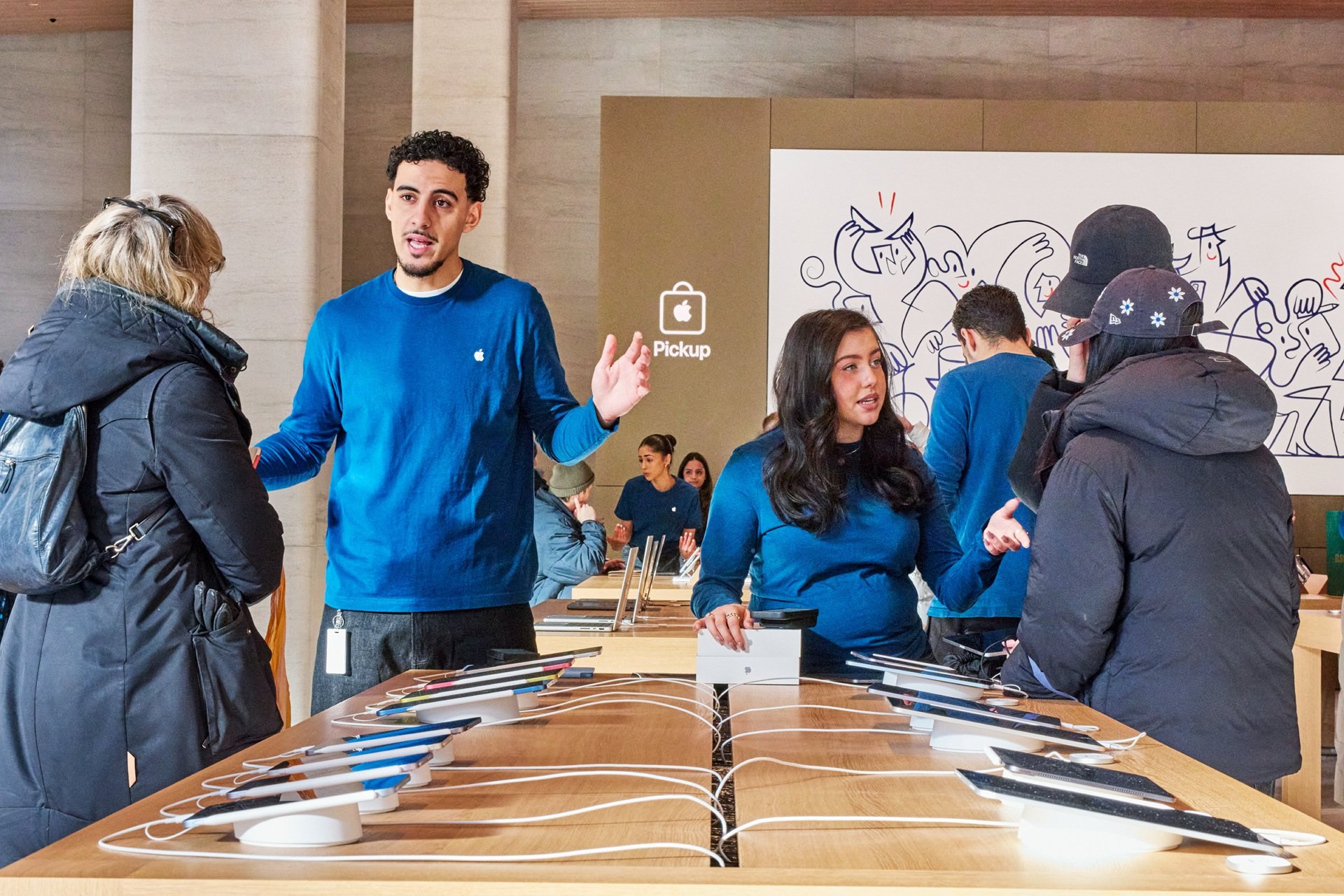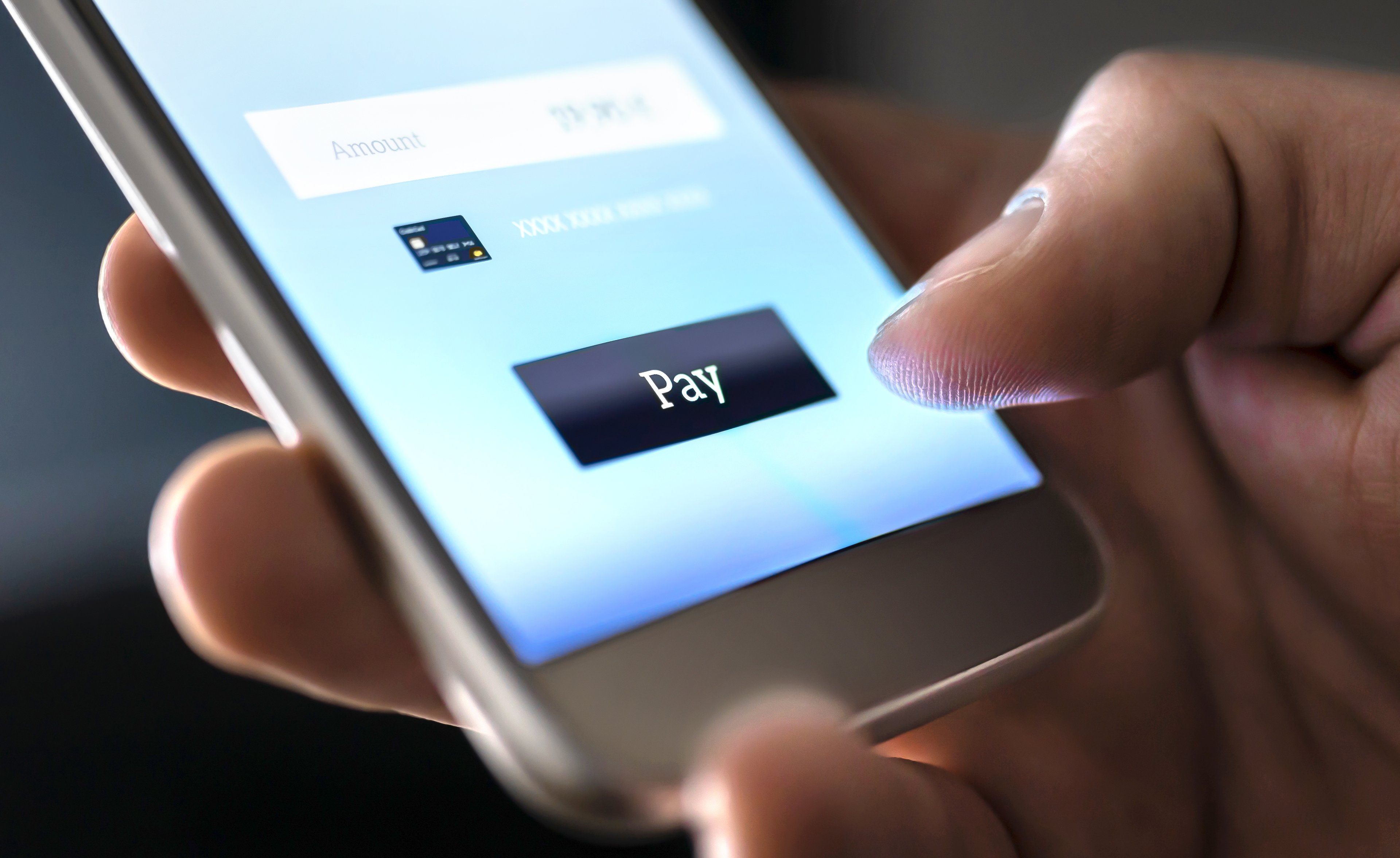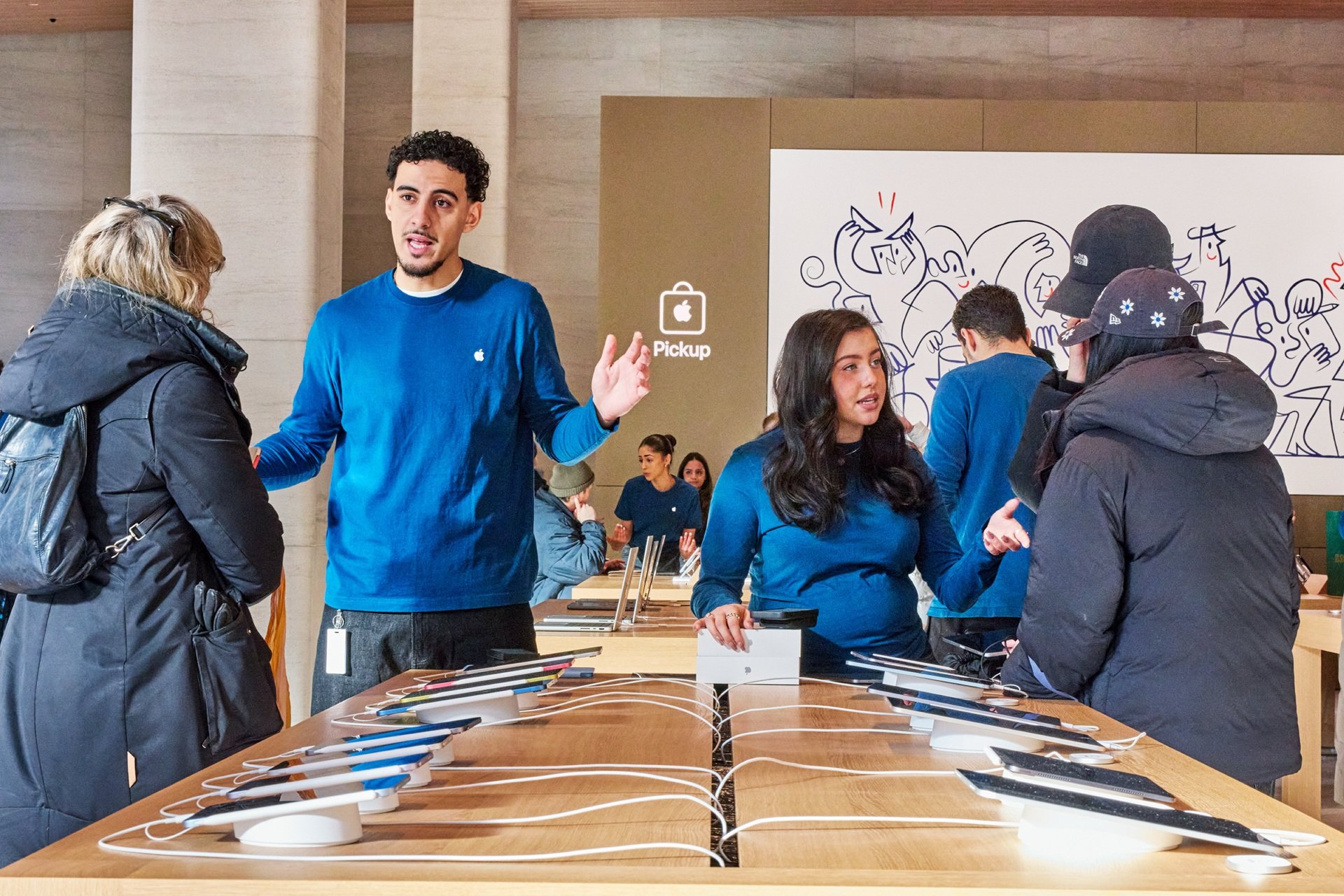When investing in stocks for retirement, one vital factor to consider is the durability of the companies you are buying. Protecting your capital is more crucial than growing your capital.
Furthermore, starting early in life and investing in businesses that are likely to be around for the next 20 to 30 years gives your money more time to compound.
Disney (DIS 7.20%) and Apple (AAPL +4.12%) fit that mold. The House of Mouse has been delighting customers for decades. Meanwhile, Apple is a hit with consumers and has strong brand recognition. Built-up consumer loyalty is one way a company can sustainably grow revenue at good profit margins.

Image source: Getty Images.
Short-term pain for long-term gain
Disney is in a challenging scenario in the short term. Many of its lucrative revenue-generating operations are temporarily shut down. What makes matters worse is the unpredictability of when those businesses will come back to pre-crisis levels. But Disney has a loyal base of customers who are eagerly awaiting the chance to return.
This was certainly the case in Shanghai. When Disney announced that its theme park there would reopen on May 11, tickets sold out in a matter of minutes. Admittedly, the park is not open at anywhere near full capacity. Still, the quick sell-out demonstrates the pent-up demand among fans.
While people are staying at home more, the demand for in-home entertainment is soaring. The company's Disney+ streaming service reached 54.5 million subscribers earlier this month: much faster than expected. The overall trend of people switching from cable to streaming is also increasing the Disney+ subscriber count. However, in the near term, the shift to streaming could severely impact Disney's earnings. Disney+ is not profitable yet and over half of the company's operating income comes from its media networks business, which relies on pay-TV subscriber fees.
Still, in the long run, investors can feel confident in Disney's ability to make better content and better theme parks than many (if not all) its competitors.

Disney+ reaches 54.5 million subscribers. Image source: Getty Images.
Not just an iPhone company anymore
The worst may be over for Apple with regard to the coronavirus pandemic. Its production is back up and running, and after initially closing all its retail stores, the company is slowly reopening them.
The road back to normal will be challenging, but the company has a portfolio of products and services that people covet. The introduction of the new iPhone SE should allow it to gain market share in emerging economies and with price-sensitive consumers in developed markets.
Apple's services segment has benefited from people staying at home. The segment's revenue grew to $13 billion last quarter, up 17% from the prior-year period. The additional revenue and the diversification it adds to the business are a nice one-two punch. Profit margins in the services business are much higher than for hardware products, adding to its appeal.
The segment that includes wearables has caught fire, too. The Apple Watch and AirPods are hugely popular with customers, and Apple's revenue in this category has nearly doubled in the last two years, going from $12.8 billion in fiscal 2017 to $24.5 billion in fiscal 2019.
Services and wearables are providing solid growth. With the potential release of a 5G iPhone later this year, iPhone sales may return to growth soon as well. If that happens, it will add another reason to own Apple stock.

AirPods are a huge hit with Apple consumers. Image source: Getty Images.
What this means for investors
When investing, it is essential to balance risk and return. Apple and Disney provide the potential for quality returns over the long run. However, interim risk remains high; the uncertainties surrounding the coronavirus outbreak are still abundant. Still, the high reward potential for these large-cap stocks makes facing these near-term risks worthwhile.







